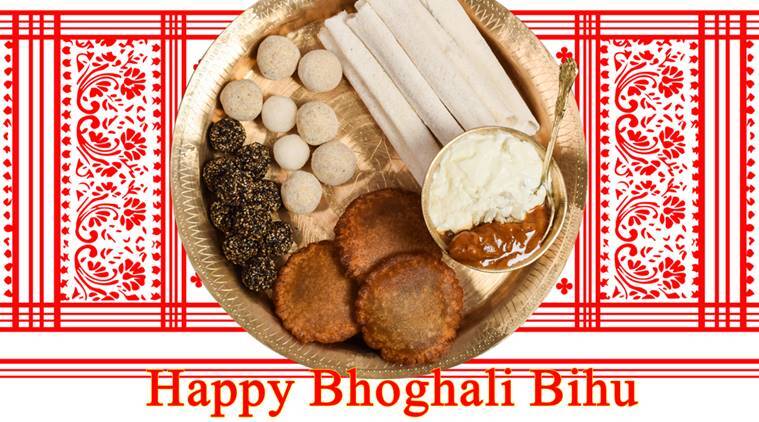GUWAHATI: Union Minister of Shipping and Waterways Sarbananda Sonowal on Sunday burn the traditional Assamese Meji (bonfire) in Guwahati as part of the Bhogali Bihu celebration.
Sarbananda Sonowal said, “Bhogali Bihu is being celebrated in every province in Assam with great enthusiasm. This is a festival of farmers and it is known by different names across the country.”
Sonowal also extended greetings on the occasion of Makar Sankranti.
“I extend my greetings to the people of the country, especially the farmers, because the hard work they have put in throughout the year has contributed a lot in making the country stronger today,” he said.
He further said that during last eight years, Prime Minister Modi has undertaken a lot of programs for farmers’ welfare, due to which the production of farmers has started doubling. In future, their power will increase as different programs have been taken up for the purpose. Farmers will have a huge role and contribution in making ‘Aatma Nirbhar Bharat’ (India self-reliant).
Taking to Twitter, Sonowal wrote, “May the holy flames of Meji destroy all the apaya-amangal and asuya-unpleasant, strengthen the tradition and joy of Bhogali, let the tradition and joy of Bhogali strengthen the anajori of satampurushiya unity, let happiness-peace-prosperity be instilled in everyone’s life. #MaghBihu.”
Magh Bihu falls in the local month of ‘Magh’ during mid-January. It is also called ‘Bhogali Bihu’ as it is celebrated with community feasts after the annual harvest takes place.
The highlight of this festival is the food, which is made from the abundance of grains after the harvest. The night before ‘Bhogali Bihu’, which falls on January 15, is called ‘Uruka’ meaning the night of feasts. The villagers make bamboo huts called ‘Bhelaghor’ or community kitchens where they begin with the preparations for the festival.
Various dishes made of vegetables, meat and sweets such as Pitha and Laru are made out of sesame, molasses (black syrup from sugarcane) and coconut to celebrate the famous festival.
The celebrations for the biggest post-harvest festival begin with men erecting mejis (bonfire) and bhelaghars from bamboo, leaves, and thatch.
This Bihu festival marks the end of the harvesting season. It is celebrated in Assam with feasts lasting for a week. The festival is celebrated by singing, dancing, feasts, and bonfires. As per the festive rituals, people eat the food prepared for the feast in the bhelaghar and then burn the huts the next morning.
Varieties of pithas (rice cakes), laru (made out of rice powder), sesame, molasses (black syrup from sugarcane), puffed rice, flattened rice, and coconut is prepared by the womenfolk. Feasts are arranged in the open paddy fields where irrespective of age, people from all walks of life, enjoy the festival. People play folk instruments, sing special festive songs and also play traditional fun games.
People also offer prayers to the God of Fire and pick up pieces of half-burnt firewood, and throw it among the other fruit trees for the next bountiful harvest, to mark the festival.
From surviving the cold winters to moving towards the livelier season of spring, harvest festivals like Lohri, Bihu, Pongal are celebrated in various parts of India. From eating special food to celebrating it all night with dance and music, the festival not only marks the beginning of an auspicious year but also brings the family together. (ANI)






